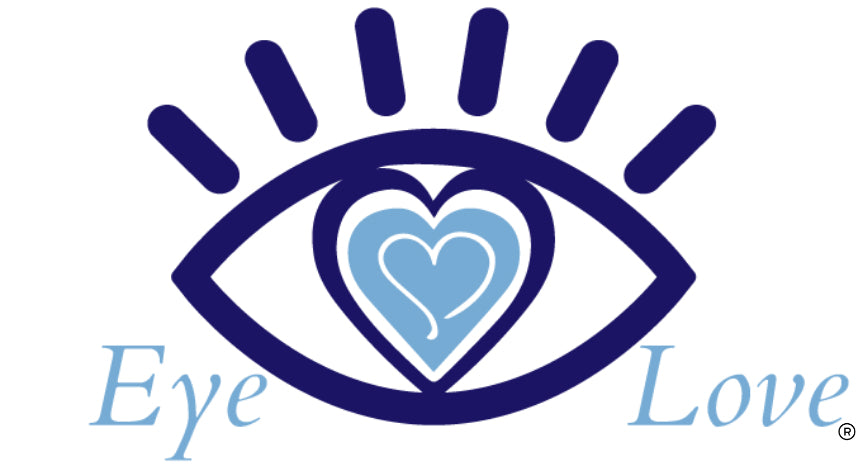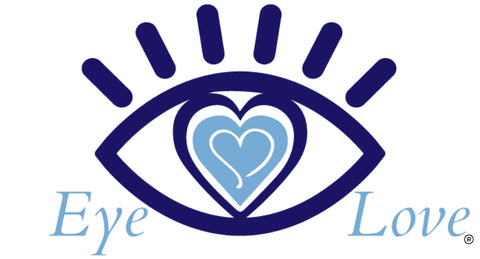Why Do My Eyes Burn? [WHAT IT IS AND HOW TO FIX IT]
So many of us know the feeling of having eyes that burn at the end of a long day. Some people may notice this symptom all day long! This feeling may occur for many reasons, and it’s crucial to visit your eye doctor for a proper diagnosis and treatment plan. Read on to find out more about what could be causing your eyes to burn, and learn a few tips for getting your eyes back to normal.
7 Reasons You Have Burning Eyes and Eye Irritation
1. Dryness
Burning and gritty eyes could be signs of dryness, which DEWS II describes as “a multifactorial disease of the tears and ocular surface that results in symptoms of discomfort, visual disturbance, and tears film instability, with potential damage to the ocular surface”. The multifactorial nature is why conversations with your optometrist are crucial. There are so many potential causes and contributors that it’s sometimes impossible to track down exactly what’s causing the problem for you.
There are two main categories of dryness:
2. Contact Lens Wear
Millions of people wear contact lenses on a daily basis, and this is safe for most people. However, some will notice burning of the eyes, especially toward the end of the day. This is most often because contact lenses cause the tear film to evaporate more quickly, leaving you with a compromised tear film. This is a contributor to evaporative problems, and many people with this condition will find that they are unable to comfortably wear contact lenses. In addition to this, if you’re continuously sleeping in your lenses or forgetting to clean them, you may notice that your eyes aren’t happy.
3. Allergies
While we usually think of allergies causing itching of the eyes, they can be a big contributor to burning as well. Basically, anything that causes inflammation of the eyes can also cause them to burn. Many people suffer from allergies seasonally and, if this is you, you might suffer during the spring and fall due to the increase in pollen, ragweed and other offenders. However, don’t forget that allergies can also be perennial, or year round. Mold and pet dander are big offenders here.
4. Chemicals
There’s a reason we tell you to avoid chemicals in as many household items as possible. Fumes from the chemicals in household cleaning products can be problematic, but so can the chemicals in your cosmetics. Makeup, shampoo, moisturizers, soap, and sunscreen ingredients can all cause the eyes to burn. In addition to this, many of these products are used on the face and around the eyes, making it almost impossible to avoid getting irritants in your eyes.
5. Eye infection
It’s important to note that any eye infection can also cause burning of the eyes. These infections lead to inflammation, and we already discussed that inflammation can cause burning. If you think you might have an eye infection, make sure to visit your eye doctor right away for a proper diagnosis and treatment plan.
6. Environmental Factors
In addition to chemicals in your beauty products, you also need to be wary of environmental irritants. Smoke, smog, dust, mold, and other substances in your environment can cause your eyes to burn. This is especially true if they are allergies for you, as we’ve discussed, but it can still happen in those without allergies to these irritants. In fact, even unpolluted air or wind can be irritating to the eyes (especially if the air happens to be very cold or hot).
7. Uveitis
The last cause of burning eyes that makes our list is uveitis. This is inflammation inside the eye, and symptoms may include pain or burning of the eyes, red eyes, photosensitivity, blurred vision and inability to open the eyes. If you have an unexplained red eye, always make sure to visit your eye doctor for an exam. Uveitis is a potentially sight-threatening condition that needs prompt treatment with the correct regimen.
5 Ways to Support Healthy Eyes and Eyelids
If you walk down the eye drop aisle at any drugstore, you will see many eye drops that advertise support for your ailing eyes. The problem is, however, that depending on your diagnosis, the drops could have no effect. Your optometrist is the one who can help direct you in your treatment plan. The following are a few general recommendations to support your eye health.
Wash Your Face
I shouldn’t have to tell you the many benefits of washing your face each night, but there are many! By washing your face with a gentle cleanser, you remove all pollutants and irritants from your skin. This may include chemicals from makeup, smoke particles from walking around in the city, dust and pet dander, and other irritants. Washing your face with the Heyedrate Tea Tree Foaming Face Wash is a great first step in this routine.
Clean Your Eyelids
After washing your face, cleansing your eyelids is next. We recommend using a
hypochlorous acid product because these are incredibly gentle on your skin, your eyelids, and your eyes. Just like you brush your teeth every single day to prevent cavities, you should also cleanse your eyelids every day. Simply spray the solution onto a cotton ball or round and apply to your eyelids and lashes. No need to rinse off!
Remove and Clean Contact Lenses
If you wear contact lenses, removing them nightly while you sleep is non-negotiable. We usually recommend daily disposable contact lenses, because you throw them away after one use. So easy! This prevents bacteria and protein build-up over time, and it prevents infection. If you happen to wear a 2 week or monthly replacement lens, use a hydrogen peroxide solution to clean them. Clear Care is a great option, and make sure to follow the directions closely for the safest clean.
Use Allergy Eye Drops
If you suffer from allergies or live in a very polluted area, such as a big city, you may benefit from allergy eye drops. Although these do have dryness as a side effect, use of these drops once per day usually isn’t an issue. If you only suffer from seasonal allergies that cause your eyes to burn, only use the drops during those seasons or as needed. If you find that you need them every single day, use no more than once per day and consider having allergy testing done to see if you might benefit from allergy shots.
Choose Better Personal Care Products
Lastly, make sure you’re choosing better products. Switch your makeup and personal care products to ones that contain eye safe ingredients when possible. Learn more about chemicals to avoid here. In addition to following these guidelines, choose to clean your home with gentle cleaners like vinegar instead of bleach. While bleach may be needed in some cases, it should only be used for special circumstances and you’re much better off avoiding the toxins in your household.
We, Eye Love, LLC, are a participant in the Amazon Services LLC Associates Program, an affiliate advertising program designed to provide a means for us to earn fees by linking to Amazon.com and affiliated sites. MediViz and Heyedrate branded products are made by our company, Eye Love, but we truly believe that our products are the best on the market! It is important to know that our products are not intended to diagnose, treat, cure, or prevent any disease.
References:
http://www.tfosdewsreport.org/report-tfos_dews_ii_report/36_36/en/
https://www.aao.org/eye-health/symptoms/burning-eyes





